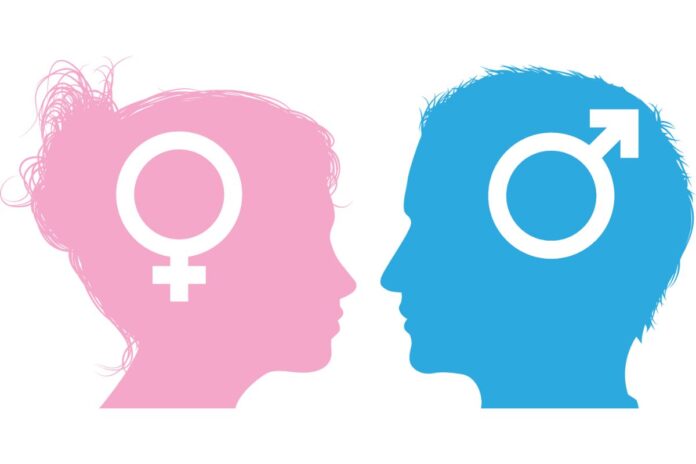A recent study has highlighted a surprising dynamic between men and women: an overlooked form of gendered envy that extends beyond superficial rivalry. The research, published in Frontiers in Psychology, uncovered familiar forms of envy and a newly identified phenomenon termed ‘ablative envy.’ This new kind of envy goes beyond typical feelings of desire for what others have. It focuses instead on envying the absence of certain burdens the other gender doesn’t carry—revealing deep sociological and biological layers to gender dynamics.
In most contexts, envy is often studied between individuals of the same gender, usually centring on personal achievements or physical attributes. However, this study explored the less-discussed envy that men and women feel towards each other, showcasing how different gender roles shape these sentiments. Let’s take a closer look at what the researchers found.
Women Envy Men for Societal Freedom
The research indicated that many women experience a deep sense of envy towards men’s perceived societal privileges. These privileges range from career opportunities to social freedoms that allow men to live relatively stress-free in comparison to their female counterparts.
“Every woman once had the wishful thinking of living a day like a man, going out without sending the live location to their friends for safety or returning home on time,” said the study’s authors, underlining the social concerns that continue to weigh heavily on women’s daily lives.
The envy expressed by many women centres around the idea that men often have more financial and professional success—such as better career advancement opportunities and higher salaries. Women in the study envied men for their freedom from societal pressures regarding physical appearance, particularly as they age. Women often face intense scrutiny related to beauty standards that men seem largely free from.
On the biological front, many women envied not having to experience menstruation, monthly cramps, or childbirth—physical burdens that significantly impact their lives. The envy also extended to physical attributes, with men’s natural physical strength being a point of admiration and envy.
Men Envy Women’s Emotional Expression and Beauty Privilege
Contrary to the expectation that envy would be one-sided, the study found that men envied several aspects of women’s lives. A common theme among the men was envy over what has come to be known as “pretty privilege.” Men were envious of women’s ability to leverage their beauty and grace to influence others and gain social benefits.
Additionally, men often admired women’s natural capacity for emotional expression. The study highlighted that many men wish they could express their emotions as openly as women do, without facing social backlash or questioning their masculinity. Men also envied women for what they saw as an innate ability to juggle multiple responsibilities smoothly, and many even expressed admiration for women’s unique ability to bring new life into the world—a source of both admiration and envy.
Ablative Envy: A New Insight into Gender Dynamics
The research introduced a new form of envy called ‘ablative envy,’ which involves envying the absence of a burden rather than the presence of a benefit. Ablative envy plays a key role in understanding the gendered dynamics of envy. Women envied men for not having to endure the physical and emotional demands of menstruation or childbirth, while men envied women for not being subject to the pressure to suppress their emotions.
The findings showed that this form of envy is less about intense personal rivalry and more about societal roles and expectations. Many participants expressed a form of neutrality about these aspects of the other gender’s life, suggesting that envy is more reflective of systemic burdens rather than individual grievances.
This new perspective on gendered envy gives a nuanced insight into how men and women perceive each other’s roles in society—and what they wish they could escape from. The implications of such findings extend beyond individual relationships, highlighting the importance of addressing gender stereotypes and societal expectations that continue to create unequal experiences for men and women.

